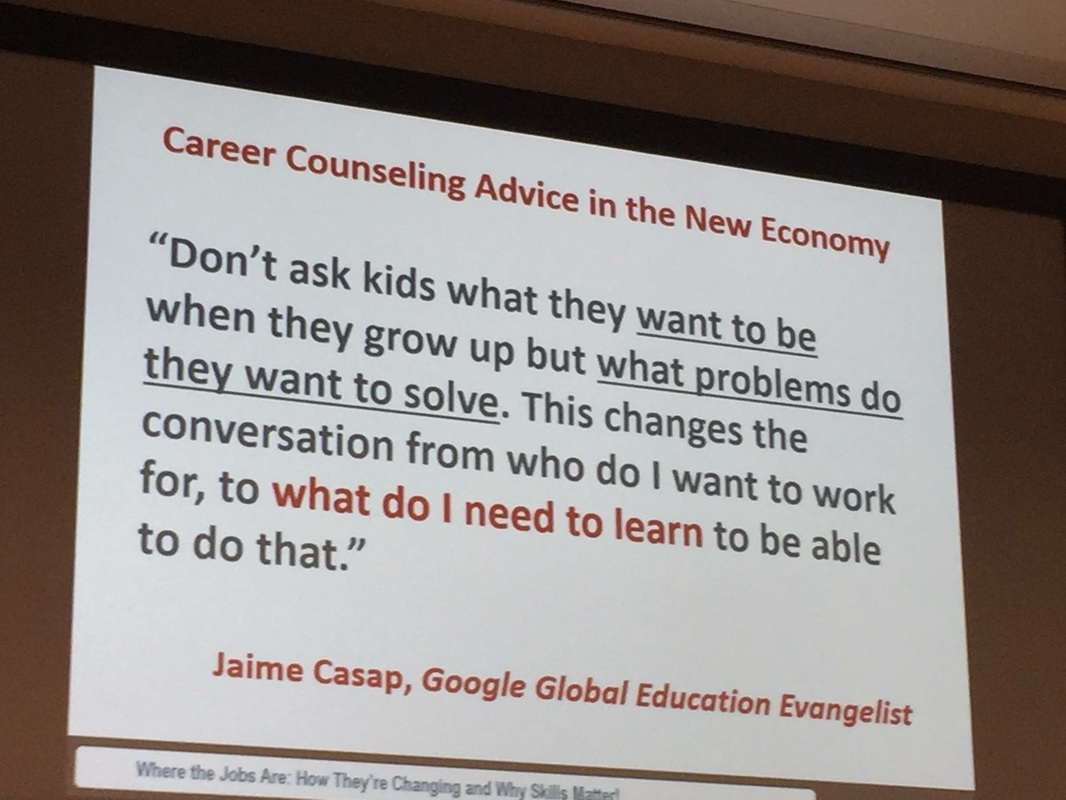- What words would your best friend use to describe you?
- Your favorite teacher?
- Your parents?
- How would you describe yourself?
We end up with a list of twenty or so words and character traits that relate to the student’s perception of themself as well as the way other people see them.
In this exercise, common answers are “hardworking” or “passionate.”
Here is the problem with these words: they have no direction. Lots of students are generally hardworking. In your college application, you are best served to identify the traits that you exemplify exceedingly. Are you exceptionally hardworking? More hardworking than any of your peers? And what makes you work so hard? What is your motivation? What are you working so hard for? Does your hard work have direction?
This idea is especially true with passion. When students tell me they are “passionate”, I ask them “about what?” If they cannot answer, they need to give their thoughts more introspection. Passion without direction really isn’t passion at all.
It’s the “for whats” of it all that make candidates for admission into unique individuals. Freshmen and sophomores: your job is one of discovery. Expose yourself to the world, dig into the problems that exist in your own community, do your own study into the subjects that interest you (learning for learning’s sake instead of the A-grade) to find an authentic source of motivation for your hard work and a direction to your passion.
Don’t worry so much about tying this all together right now to your future job or even your major. Every college can only admit so many students who claim they are “passionate about the health professions.” Help yourself stand out with (real) passions that are unique to your experiences, motivations, and aspirations. But don’t expect those passions to just fall into your lap – get out there and undertake a diversity of experiences, outside your comfort zone, to start making sense of what matters to you in life. And parents, let them explore (I know it’s scary, but it helps them prepare to fly on their own). One terrific way to do that is through a low cost (or free!) residential summer program. For ideas, try this list.




 RSS Feed
RSS Feed
